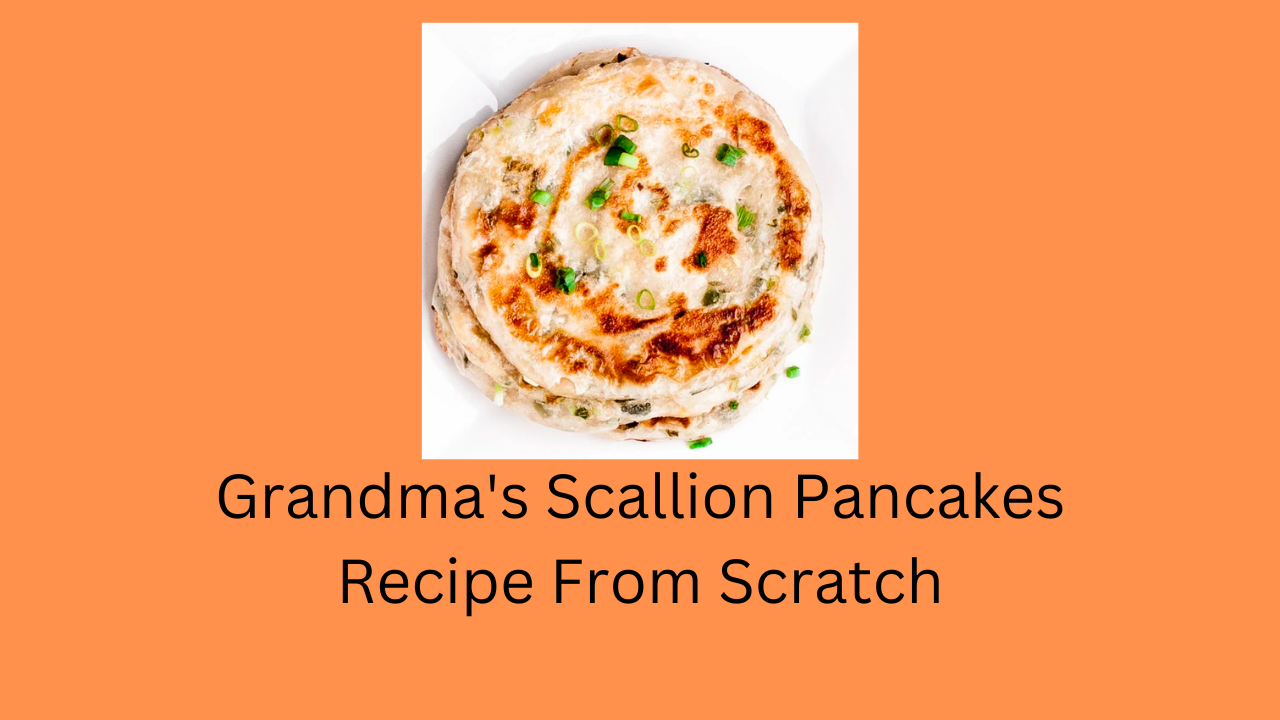Transforming vegetables: roasting, grilling, and pickling methods- Have you grown weary of the same old steamed vegetables? Does tossing a salad feel mundane? It’s time to unleash the vibrant potential of your produce drawer with a culinary adventure into roasting, grilling, and pickling.
These transformative techniques unlock a world of flavor, texture, and versatility, turning even the most unassuming vegetable into a star. Imagine the smoky sweetness of grilled zucchini, the caramelized depth of roasted beets, or the tangy crunch of quick-pickled cucumbers – a symphony of textures and flavors for your plate. Let’s ditch the bland and embrace the delicious ways to elevate your vegetable game.
Beyond the visual appeal of transforming simple vegetables into culinary centerpieces, these techniques offer a wealth of practical advantages:
- Enhanced Flavor: Roasting unlocks the natural sugars in vegetables, creating caramelized sweetness and depth of flavor. Grilling imbues a smoky char, adding complexity and a touch of the outdoors. Pickling adds a delightful tanginess that enlivens the palate and extends the shelf life of your vegetables.
- Increased Nutritional Value: Roasting concentrates the flavor of vegetables, making them more readily absorbed by the body. Grilling retains essential vitamins and minerals while adding a slight char. Pickling preserves the nutritional content of vegetables and can even contribute beneficial probiotics when using a fermentation method.
- Textural Versatility: Roasting creates a delightful interplay of crispy edges and tender interiors. Grilling delivers a satisfying smoky char and a juicy bite. Pickling transforms firm vegetables into a refreshingly crisp and tangy treat.
- Effortless Cooking: All three methods are incredibly user-friendly. Roasting requires minimal prep and hands-on time, allowing the oven to do the work. Grilling adds a touch of excitement and allows for infusing smoky flavors. Pickling can be a simple process with endless customization options, from quick refrigerator pickles to longer fermented varieties.
So, whether you’re a seasoned cook or just starting your culinary journey, these techniques offer a gateway to unlock the hidden potential of your vegetables. Embrace the simplicity, discover the flavor possibilities, and embark on a transformative culinary adventure with roasting, grilling, and pickling.
Transforming Vegetables: Unveiling the Health Benefits of Roasting, Grilling, and Pickling
While the previous sections explored the flavor, texture, and versatility benefits of these techniques, let’s delve deeper into the health benefits associated with roasting, grilling, and pickling vegetables:
Roasting:
- Nutrient Absorption: Roasting concentrates the flavor of vegetables, making them more readily absorbed by the body. This can enhance the uptake of vitamins, minerals, and antioxidants.
- Increased Fiber: Roasting softens vegetables, making the fiber they contain more digestible. This can aid gut health and digestion.
- Reduced Fat: Roasting allows you to use minimal oil for cooking, thus reducing overall fat intake compared to deep-frying or pan-frying.
Grilling:
- Preserves Nutrients: Grilling can retain essential vitamins and minerals like vitamin C and potassium, which are often lost in other cooking methods like boiling.
- Char Benefits: The slight char created during grilling can increase the formation of beneficial compounds like melanoidins, which have antioxidant properties.
Pickling:
- Probiotic Power: When using the fermentation method for pickling, the process encourages the growth of beneficial bacteria (probiotics), which can contribute to gut health and digestion.
- Nutrient Preservation: Pickling can preserve the vitamin C content of vegetables, which is often susceptible to degradation during other cooking methods.
- Improved Shelf Life: Pickling extends the shelf life of vegetables, allowing you to enjoy them for longer and reducing food waste.
Overall:
While each method offers its own unique benefits, all three contribute to a healthier and more diverse diet. By incorporating roasted, grilled, and pickled vegetables into your meals, you can:
- Increase your intake of essential vitamins, minerals, and antioxidants.
- Improve nutrient absorption and gut health.
- Reduce overall fat intake and make healthier dietary choices.
- Enjoy a wider variety of vegetables, making dietary habits more sustainable in the long run.
Remember, these are just some of the potential health benefits associated with these techniques. The specific benefits may vary depending on the chosen vegetables and preparation methods. However, by embracing these culinary transformations, you can unlock the hidden health potential of your vegetables and enjoy them in a delicious and nutritious way.
Transforming Vegetables: Unleashing Flavor with Roasting, Grilling, and Pickling Techniques
Ready to embark on a culinary adventure and transform your vegetables from ordinary to extraordinary? Let’s dive into the simple preparation methods for each technique:
Roasting:
- 1. Preheat your oven:
Aim for a temperature between 400°F (204°C) and 425°F (218°C) depending on the specific vegetable.
- 2. Prepare your vegetables:
Wash and dry your vegetables thoroughly. Cut them into similar-sized pieces for even cooking.
- 3. Toss with oil and seasonings:
Drizzle your vegetables with a light coating of olive oil. Season generously with salt, pepper, and any additional herbs or spices of your choice.
- 4. Roast to perfection:
Spread the vegetables in a single layer on a baking sheet and roast for 15-25 minutes, or until tender and slightly browned on the edges.
Pro Tip: For extra crispy roasted vegetables, toss them with a bit of cornstarch before adding the oil and seasonings.
Grilling:
- 1. Preheat your grill:
Aim for medium-high heat, around 400°F (204°C). If using a charcoal grill, wait until the coals are white hot and ash-covered.
- 2. Prepare your vegetables:
Wash and dry your vegetables. Slice them into thicker pieces suitable for grilling, or leave them whole depending on the type of vegetable.
- 3. Oil and season:
Lightly brush or spray your vegetables with oil to prevent sticking. Season generously with salt and pepper, or explore different marinades for added flavor.
- 4. Grill to perfection:
Place the vegetables on the preheated grill and cook for 2-5 minutes per side, or until tender-crisp and slightly charred.
Pro Tip: To prevent vegetables from sticking on the grill, preheat a cast iron pan on the grill and then cook your vegetables on the pan.
Pickling:
- 1. Choose your pickling method:
You can choose from quick refrigerator pickles ready within hours or longer fermentation methods for deeper flavors.
- 2. Prepare your pickling brine:
The basic brine typically involves water, vinegar, sugar, salt, and spices. Experiment with different flavor combinations like dill, garlic, ginger, or chilies.
- 3. Prepare your vegetables:
Wash and dry your vegetables. Slice them thinly or chop them into bite-sized pieces.
- 4. Pack and pickle:
Pack the vegetables into a clean jar and pour the prepared pickling brine over them. Tightly seal the jar and refrigerate for quick pickles or follow specific instructions for longer fermentation methods.
Pro Tip: Use fresh, high-quality ingredients for optimal pickling results.
Remember, these are just basic guidelines. Feel free to experiment with different temperatures, cooking times, seasonings, and pickling brine combinations to personalize your experience and discover your favorite flavor profiles.
So, gather your vegetables, embrace the simplicity of these techniques, and embark on a journey of transforming them into delicious and versatile culinary creations.
Conclusion
Embarking on the journey of transforming vegetables through roasting, grilling, and pickling opens a world of possibilities for your culinary repertoire.
Beyond the visual appeal:
These techniques unlock a symphony of flavor, texture, and versatility, turning even the most ordinary vegetable into a star attraction on your plate. You’ll experience the smoky sweetness of grilled zucchini, the caramelized depth of roasted beets, and the tangy crunch of pickled cucumbers – a testament to the power of culinary transformation.
More than just delicious:
These methods offer practical advantages, enhancing flavor, increasing nutritional value, and providing textural versatility. Additionally, they are effortless and user-friendly, making them accessible to cooks of all experience levels.
Embrace the health benefits:
Roasting, grilling, and pickling can contribute to a healthier diet by increasing nutrient absorption, promoting gut health, and offering additional benefits like vitamin preservation and probiotic power.
Unleash your culinary creativity:
With the simple preparation methods outlined in this guide, you can now transform your vegetables and embark on a journey of culinary discovery. Experiment with different temperatures, seasonings, pickling brines, and combinations to personalize your experience and discover your own flavor favorites.
So, ditch the bland and embrace the transformative power of roasting, grilling, and pickling! The world of vegetables awaits, ready to be explored and enjoyed in a whole new light.

